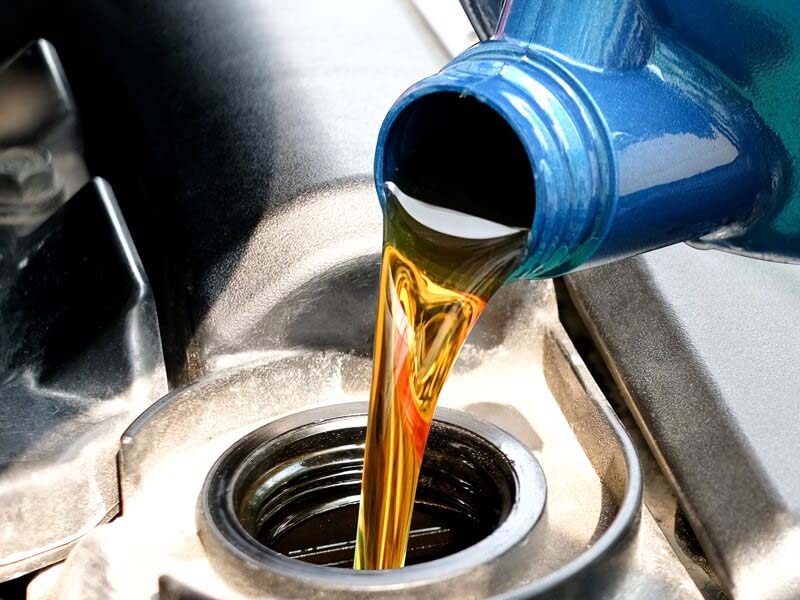
What is Lubricant Oil?
What is Lubricant Oil?
Lubricant oil, commonly known as lube oil, is a substance used to reduce friction, heat, and wear between mechanical components that are in contact with each other. It is essential in virtually all mechanical systems where moving parts are involved. Lubricant oils can also serve other functions such as cleaning, cooling, sealing, and protecting against corrosion.
Types of Lubricant Oil
Lubricant oils can be broadly classified into three main types based on their origin and composition:
Mineral Oils: These are derived from petroleum and are the most commonly used type of lubricants. They are obtained through the distillation and refining of crude oil. Mineral oils are versatile and cost-effective but vary in performance depending on the refining process.
Synthetic Oils: These are engineered chemical compounds that offer superior performance in extremes of temperature and stress. Synthetic oils can be designed to meet specific needs of machinery which are beyond the capabilities of mineral oils. Examples include polyalphaolefins (PAO), esters, and silicones.
Bio-based Oils: Made from vegetable oils and other renewable resources, bio-based oils are environmentally friendly and biodegradable. They are generally used in applications where environmental concerns are paramount, although they can have limitations in oxidative stability and low-temperature performance.
Features of Lubricant Oil
Lubricant oils possess several key features that make them essential in various applications:
Reduced Friction and Wear: Lubricants form a film between contact surfaces to minimize direct metal-to-metal contact, thereby reducing friction and wear.
Heat Dissipation: By circulating through systems, lubricants carry away heat from friction points and help in cooling the components.
Corrosion Protection: Many lubricants contain additives that protect against rust and corrosion by forming a protective barrier on components.
Contaminant Suspension: Lubricants can hold and transport debris and contaminants away from critical surfaces until these can be filtered out.
Additives in Lubricant Oil
Lubricant additives are chemical compounds added to lubricants to enhance their natural properties or impart new ones. Common additives include:
Antioxidants: Reduce the rate of oil oxidation, which can cause thickening and sludge formation.
Detergents: Keep surfaces clean by preventing the deposition of contaminants.
Dispersants: Help maintain cleanliness by keeping particles in suspension.
Anti-wear Agents: Form protective layers on surfaces to prevent wear.
Extreme Pressure (EP) Additives: Protect against wear under high pressure and shock loading conditions.
Viscosity Modifiers: Improve the oil's viscosity characteristics at different temperatures.
Corrosion Inhibitors: Protect metal parts from corrosion caused by moisture and other corrosive substances.
Pour Point Depressants: Improve the fluidity of oil at low temperatures.
Selecting Lubricant Additives
The selection of lubricant additives depends on several factors including:
Application Requirements: Understand the specific needs of the equipment, including operating temperatures, pressures, speeds, and environmental conditions.
Base Oil Type: The type of base oil can influence the choice of additives since different base oils have different inherent properties.
Compatibility: Ensure that the additives are compatible with the base oil and other additives already in the formulation.
Regulations and Standards: Comply with industry-specific standards and environmental regulations.
Performance Testing: Evaluate the performance of the lubricant with the chosen additives under simulated or actual operating conditions to ensure they meet the required specifications.
By carefully selecting and balancing these additives, lubricant manufacturers can tailor products to meet specific operational demands and extend the life and efficiency of mechanical systems.